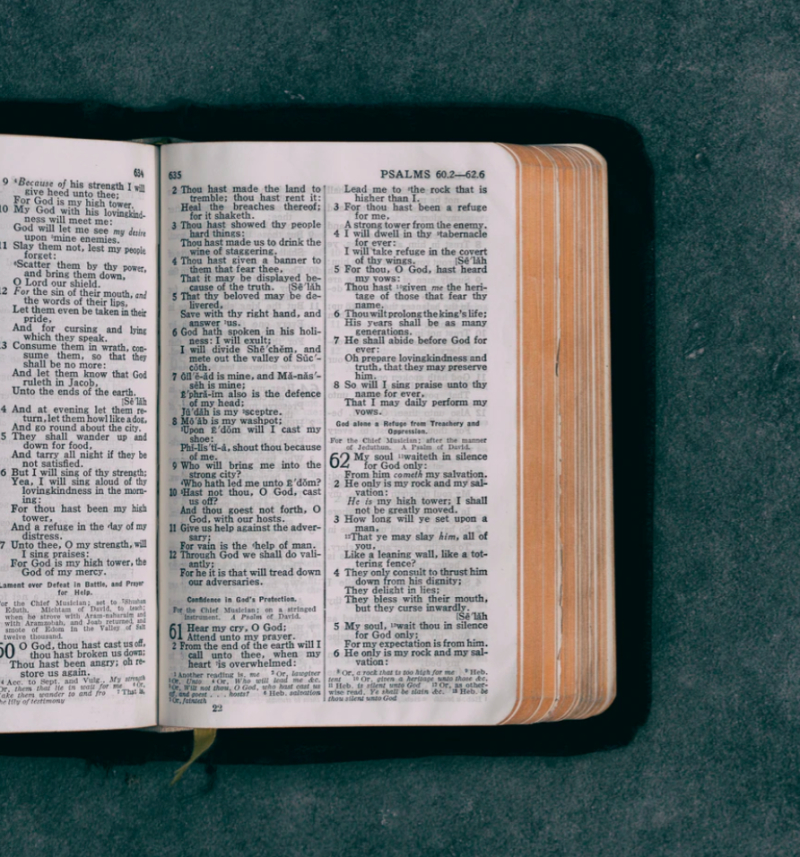
The move to make the Holy Bible as Tennessee's official book was opposed by some experts.
Representative Jerry Sexton (R-Bean Station) sponsored the House Joint Resolution 150, designating the Bible as the official State book. It was passed in the House on March 29, 55-28. It is now heading to Senate for approval.
However, Ken Paulson, the Middle Tennessee State University Free Speech Center director and first amendment expert, said that the resolution is "unconstitutional", Fox 17 News reported.
"Its not fair to say this is my faith, I'm in a position of power and I'm going to promote my faith, it's not only unconstitutional, its un-American," he stated.
"What we have here is a bill that a single state senator can brag about, that encroaches on the religious faith of Tennesseans, and will cost the state money to defend," Paulson added.
In an April 2016 article, Paulson explained the reason of the legislation's unconstitutionality. He said that the First Amendment forbids passing laws that favor a certain religion, in guarantee of the nation's religious freedom. Thus, he deemed that designating the Bible as Tennessee's state book constitutes to supporting a religion over another.
This is Sexton's third attempt to pass the proposal but chose to introduce it as a resolution this time, rather than a bill. It was first introduced in 2015 but was vetoed by Former Governor Bill Lee in 2016, citing Attorney General Herbert Slatery's 2015 opinion that the bill could be a violation of the state and federal constitutions.
Lee also said that he felt the proposal "trivializes the Bible," which he believed "is a sacred text."
Sexton reintroduced the bill last year but lawmakers failed to vote for it before the end of the legislative session.
The representative spoke about the Bible's significance in his personal life.
"I would like to recognize it because it's been a book important to me my whole life," he said.
He continued by saying that the resolution acknowledges the economic impact of the Bible in the state, being home to one of the biggest Bible manufacturers.
"This bill does not make anyone buy the [B]ible, read the [B]ible, get baptized, go to Sunday school or anything, it just recognizes the [B]ible and history and economics of what its meant to us," he further stated.
Moreover, the lawmaker argued that the Bible is also important to the state itself.
"The Holy Bible has great historical and cultural significance in the State of Tennessee as a record of the history of Tennessee families that predates some modern vital statistical records. Families recorded their own vital records in family Bibles that were passed down through the generations," he pointed out.
He said that he had been working on refining the measure for already seven years, adding that he was just trying to "put the Bible where [he felt] like it belongs."
Sexton, a Baptist minister, also believed that the Bible should not be "discriminated against" due to its religious nature, contending that the country was not founded on any religion, such as those that are relative to Buddhist or Muhammad, but of Judeo-Christian values.























